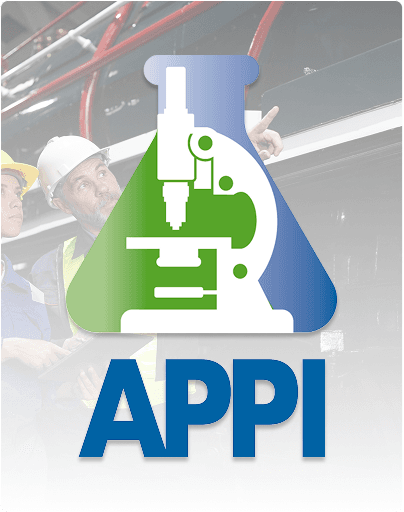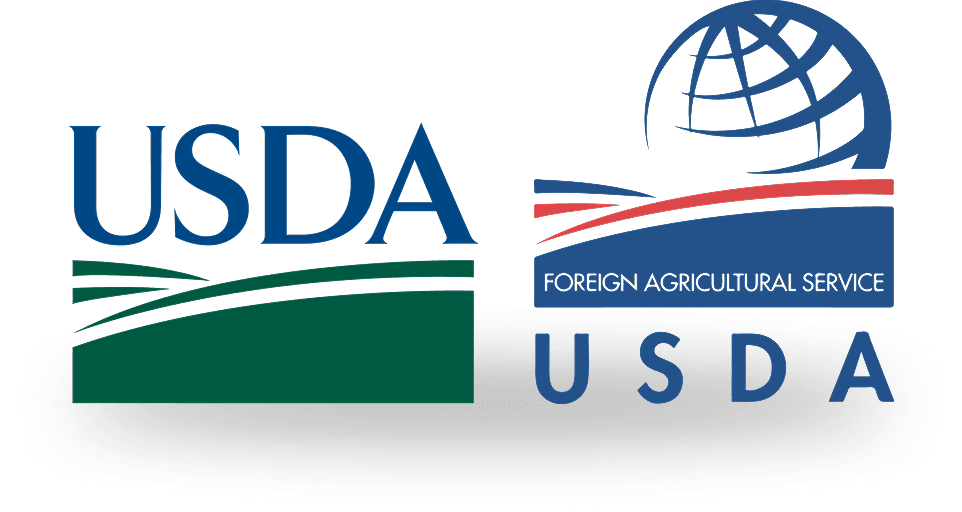Match-making
Interested in sourcing animal meals, fats, or other co-products from the rendering industry?
Complete the product request form and your inquiry will be shared directly with qualified suppliers. This process streamlines communication and ensures you receive accurate information and tailored solutions—so be sure to include all relevant details.



